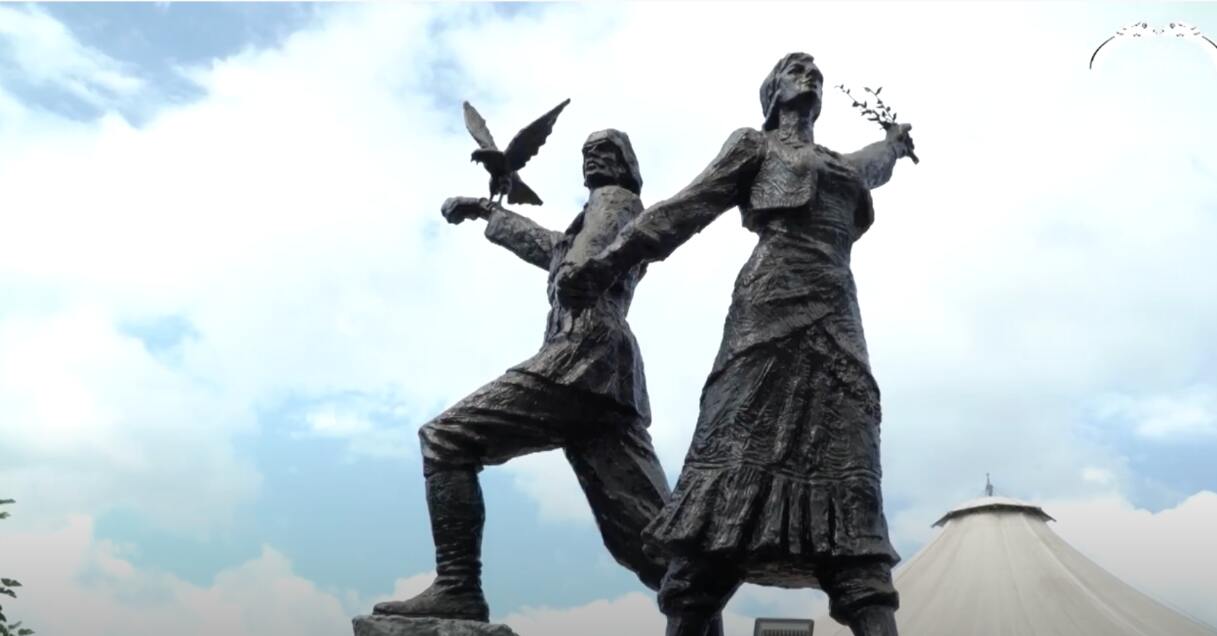
The Laz people’s effort to prevent the extinction of their language
The Colchis Kingdom, established by the early Colchis tribes, flourished on the lands of Lazistan, which was also known as Georgia. The region changed names multiple times, including Roman province Lazicum and Ottoman sanjak. After the foundation of the Turkish Republic in 1923, Lazistan’s history was mostly forgotten. However, the descendants of the Colchis, the modern Laz people, still live in Rize and are speakers of the South-Caucasian language, Lazuri. According to various sources, there could be between 30,000 to 200,000 speakers of this language today.
In 1982, minority languages were forbidden from being taught in Turkish schools, and in 2009, UNESCO reported that Lazuri was among Turkey’s 15 languages in danger of becoming extinct. The decline of the Laz language is tied to how people perceive the language, with Turkish being perceived as a language of modernity and commercial success. Factors contributing to language extinction include lack of intergenerational language transmission, community members’ attitudes towards their language, lack of documentation or use in the media, and unsupportive governmental attitudes.
Lazuri has experienced a slow revival since 1999 when Turkey began talks to accede to the European Union, requiring protections for ethnic minorities. As a result, reforms have been passed, including in education, to enable learning of different languages and dialects traditionally used by Turkish citizens. Over the past decades, local initiatives and passionate individuals have worked to preserve the Laz culture and language.
